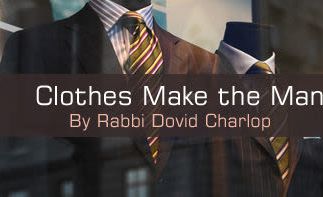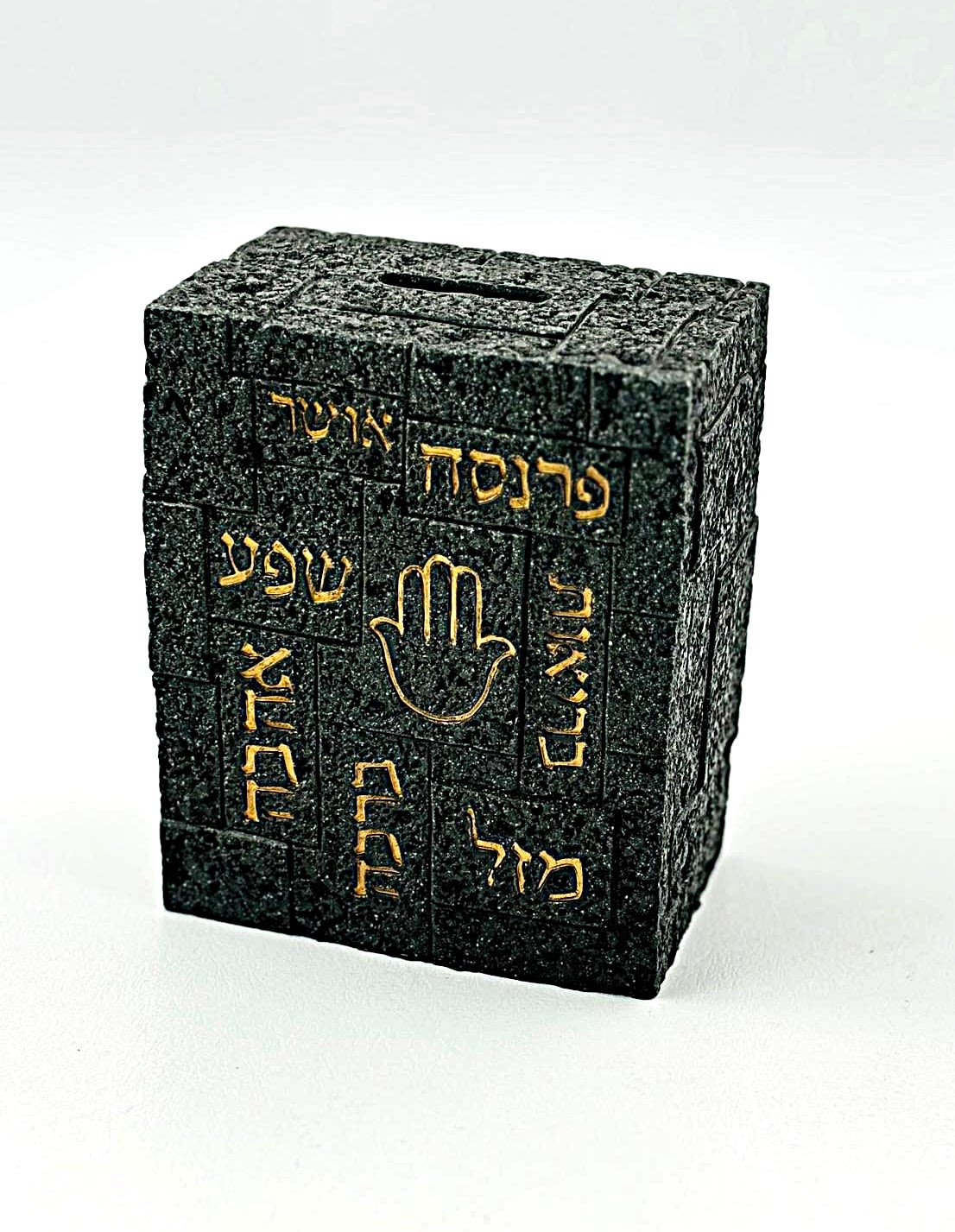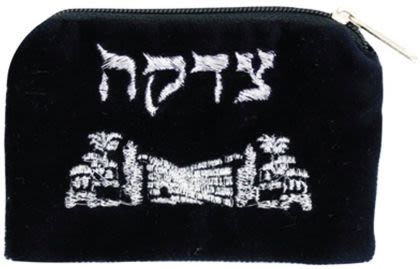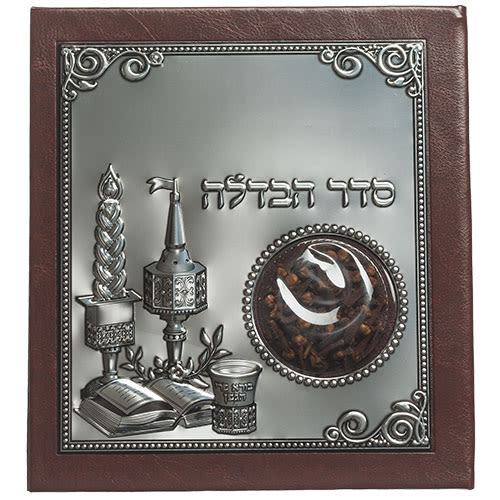
Shmini: Doing What We’re Told
Why was the "non-commanded" incense offering of Nadav and Avihu, with all its holy intentions, considered such a serious breach in the Temple service?

Parshat Shmini
The life of a Jew seeking truth in his relationship with the Creator is often challenging. The starting point of a Jew is to believe and know that Hashem loves us just as we are, as a compassionate father loves his children. On the other hand, we also know that Hashem doesn't want us to become complacent about our spiritual development. One of the Torah's methods to teach us greater personal honesty is by relaying stories of the spiritual giants of the past. By learning of their successes and failures we can learn the subtleties of living a truly honest Jewish life.
In this week's Parsha, Nadav and Avihu, the great sons of Aaron the Priest, decide to bring their own personal incense offering at the inauguration of the Sancturary. Instead of this lofty gift being accepted, Aaron's sons are consumed by a fire from Heaven. The Torah clearly explains their transgression. The verse tell us they brought an offering "that Hashem did not command them".
Why was this "non-commanded" offering, with all its holy intentions, considered such a serious breach in the Temple service? The issue is additionally puzzling since the Torah allows numerous types of voluntary offerings in the Sanctuary. Why was the incense of Nadav and Avihu completely unacceptable?
For a possible answer let us go back in time to the first Man and Woman in the Garden of Eden. The story is well know how they were commanded not to eat from the Tree of Knowledge and, even so, they went and ate from it. How was it possible to have considered going against Hashem's direct command? Also, because of that sin, Man was kicked out of the Garden and we are still suffering from their mistake thousands of years later. Judaism doesn't believe in Original Sin, that mankind is slated for a cursed life based on Adam and Eve's mistake. On the other hand we're not exactly living in a Garden of Paradise. Obviously we were drastically effected by their eating. What was the nature of the Adam and Eve's mistake? And is there some way to understand the general idea of their mistake and our ability to rectify it today?
One of the remarkable realities of this world is that Hashem set up the world with duality, Heaven and Earth, physicality and spirituality etc.. On the level of morality, the duality expresses itself in a mind-boggling tension. In any given situation we are pulled to make moral judgments in two, often opposite, directions. We are pulled both towards the direction of what we want and simultaneously what Hashem wants from us (which is not always the same). We want the cheeseburger and Hashem says no. We feel like relaxing on Shabbos with our favorite movies and Hashem says no.
This tension has a long history that dates back to Adam and Eve in the Garden. Their eating was based on "Him and us". Hashem said  "no" and Adam said "yes". Adam was challenged with the two choices and decided to put himself "in the driver's seat". Adam fell short in understanding that whatever Hashem wanted, by definition, must be the very best for him. Since he didn't humble his "yes" to Hashem's "no" there was no choice but to send him out of the Garden to discover the message of humility before the Creator. His travels would hopefully teach him that life is helter-skelter without the guiding Hand of Hashem pointing out the correct path of personal and spiritual growth.
"no" and Adam said "yes". Adam was challenged with the two choices and decided to put himself "in the driver's seat". Adam fell short in understanding that whatever Hashem wanted, by definition, must be the very best for him. Since he didn't humble his "yes" to Hashem's "no" there was no choice but to send him out of the Garden to discover the message of humility before the Creator. His travels would hopefully teach him that life is helter-skelter without the guiding Hand of Hashem pointing out the correct path of personal and spiritual growth.
We, Adam's children, while not being tempted to eat fruits from the Garden of Eden, are tempted to "partake" of something "tasty" that Hashem sometimes says no to. Daily we find ourselves in the midst of a similar battle of duality, what He wants and what we want. Often we can't even distinguish the two voices clearly. Our lives are filled with "Him and us" choices which tempt us to put our personal agendas in the forefront. The challenge to put Him "in the driver's seat" is not easy.
There is one place where this tension eases: the Temple. In that world of incredible spiritual clarity His will becomes our will. In a reality almost above space and time, The Temple offers us is a place that our wills are filled with the awareness that His will is supreme. But what is so crucial is that we also realize that there is no greater expression of devotion and love that we can offer Him other than what He prescribes for us. His will becomes our will because ultimately our will without His will is basically empty.
Nadav and Avihu offered incense with the most lofty of intentions. Even so, it was based on "Him and us". Their service was an expression of getting close to Hashem based on their wisdom and not from His. That message is antithetical to the fabric and reality of the Temple.
The good news is that we can, with clarity and help from Above, rectify Adam's mistake. We have the ability to right the wrong by humbling ourselves and accepting His will with a full heart. A few tools are essential to travel the path from seeing the world as a place to fulfill what "we want" to a world filled with Hashem's glory by doing what "He wants". The two keys to finding that connection are emunah and da'as (faith and knowledge). Emunah means first developing a clarity that undoubtedly Hashem wants us to develop our deepest and most profound abilities. Through emunah we also can realize that His Torah is the true guiding light which allows us to connect to ourselves and to Him. And second, knowledge, gained through the actual learning and studying of His teachings which opens the doors of a storehouse of spiritual wealth and hidden treasures.
To know in our minds that Hashem always wants the best for us and to feel deeply that truth is the challenge of bringing ourselves and mankind back to the Garden. That Garden is found on the Temple Mount in Jerusalem and it is being built by the bricks of yearning for Hashem's will to be known by all mankind. May we merit to see the Temple in all its glory speedily in our days.











Tell us what you think!
Thank you for your comment!
It will be published after approval by the Editor.